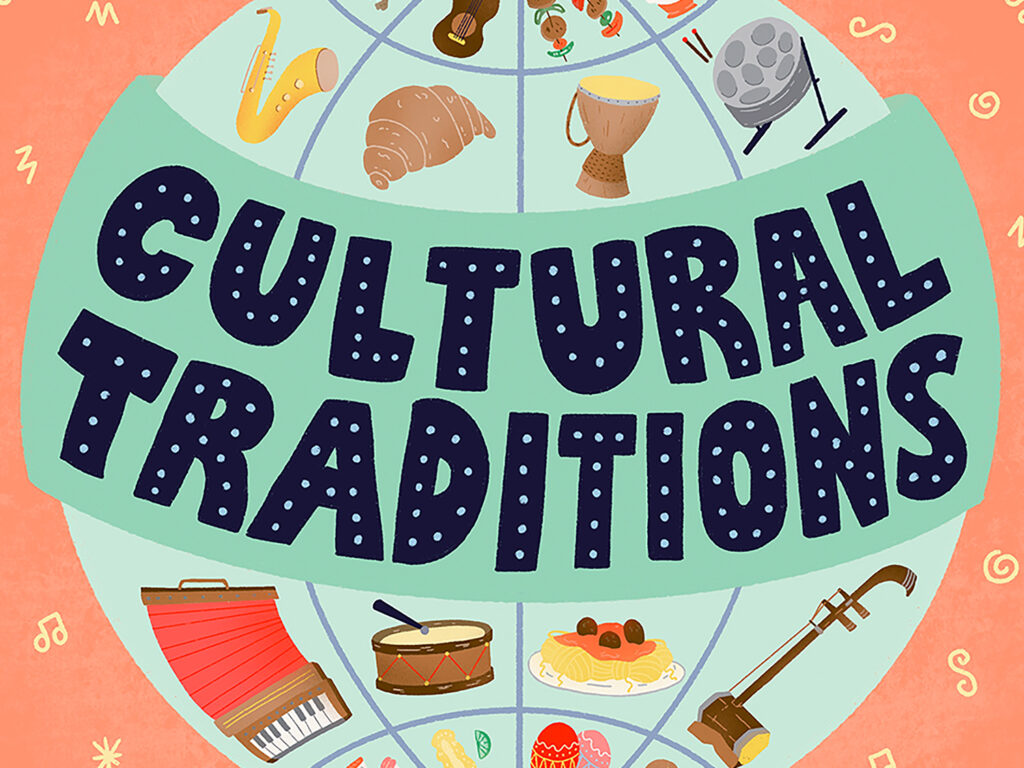
Traditions are powerful. They can hold families, communities, and entire cultures together. They mark the passing of time, honor our ancestors, and give life meaning through rituals that span generations. Lighting candles on birthdays, gathering for family dinners, celebrating New Year’s with specific customs—these small acts can carry deep emotional significance. They connect us to our heritage and to one another in ways that words sometimes cannot.
But not all traditions are worth holding onto. Some traditions, while deeply rooted in culture, are harmful, oppressive, or even dangerous. They may have been born from outdated beliefs or fear or used as tools of control and dominance. When people are told to follow a tradition without question, especially one that violates their dignity or freedom, we must stop and ask: Is this tradition protecting people or hurting them?
One of the clearest examples of a harmful tradition is female genital mutilation. Practiced in some regions as a supposed rite of passage into womanhood, it is a violation of human rights. It causes immense physical and emotional harm and leaves deep, lifelong trauma. And yet, because it is labeled a tradition, many communities continue it out of fear of shame or rejection. Culture should never be an excuse for cruelty.
Another example is the dowry system, still practiced in parts of South Asia and beyond. Traditionally, it was meant to offer a form of inheritance to a daughter but over time it has become a tool of coercion and abuse. Families often feel pressured to pay large sums of money or material goods to a groom’s family, sometimes leading to financial ruin. In extreme cases, dowry disputes have resulted in violence, even death. Again, we must ask what we are really preserving in the name of tradition.
People change. The world changes. Time changes everything from how we live and communicate to what we value as a society. If we continue to follow harmful traditions blindly, we risk staying stuck in a version of the past that no longer fits the present. Progress means being willing to ask hard questions and to let go of customs that no longer align with our current understanding of fairness, equality, and compassion. Holding on to outdated beliefs can harm the very people traditions are supposed to protect.
Of course, not all traditions are harmful. Many carry wisdom, beauty, and connection. There is something magical about watching a child light their first lantern during a festival or hearing a lullaby that has been sung through four generations. Traditions like storytelling, shared meals, seasonal celebrations, and collective acts of remembrance enrich our lives and root us in a sense of identity and community.
The real challenge lies in discerning which traditions to honor and which ones to release. Just because something has always been done this way does not mean it should continue. In fact, growth both personal and collective often requires us to question, to speak up, and to be brave enough to break the cycle when something no longer serves us. That is how new, healthier traditions are born, ones that reflect compassion, justice, and progress.
Traditions should not be cages. They should be bridges. They should carry the wisdom of the past without chaining us to its mistakes. As we move forward, let us create and preserve customs that nurture love, respect, and dignity for ourselves and for generations to come.

Leave a Reply